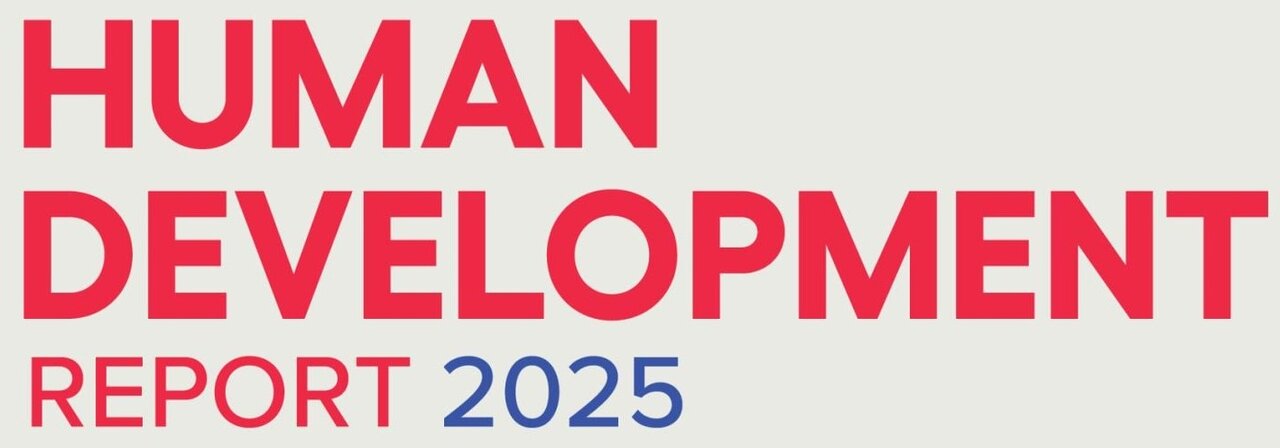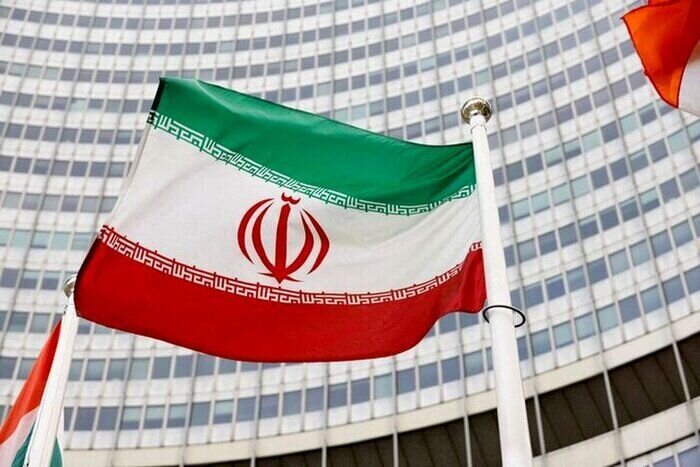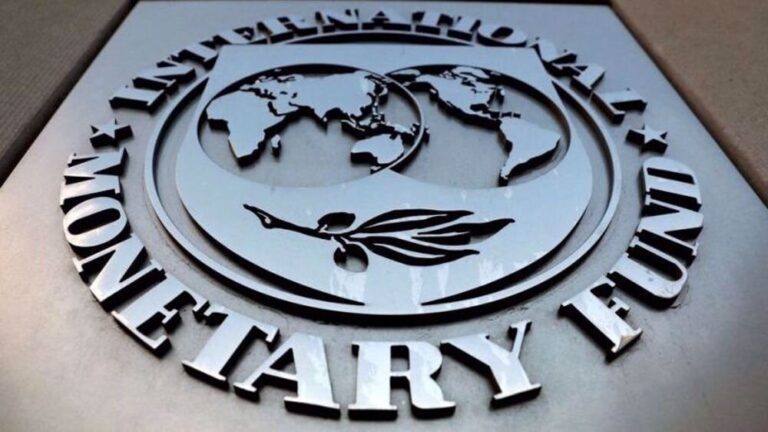Iran Recognized as a Leader in High Human Development by UNDP
In the latest Human Development Report (HDR) 2025 released by the United Nations Development Program (UNDP), Iran has been recognized for its standing within the High Development Index (HDI) category. However, the report highlights a slight dip in Iran’s HDI score from last year, which has implications for the country’s ongoing development efforts.
Iran’s HDI score has decreased from 0.780 to 0.779, placing the nation at 75th out of 193 countries and territories. This positioning reflects Iran’s classification within the “High Human Development” category. Notably, from 1990 to 2023, Iran has experienced a significant change in its HDI value, increasing from 0.626 to 0.799, marking a change of 27.6 percent.
Despite these advancements, the report indicates concerns regarding the Gender Inequality Index (GII). Iran’s GII score of 0.482 places it at 123rd out of 172 countries, highlighting the urgent need for improvements in equitable access to education, employment, and health services for women and girls.
The 2025 HDR reveals that global human development is currently facing an unprecedented slowdown. Instead of a consistent recovery following the crises of 2020-2021, the report notes a disappointingly weak progression. Excluding these crisis years, the minimal global human development increase projected in this year’s report is the smallest since 1990.
Titled “A Matter of Choice: People and Possibilities in the Age of AI,” the report analyzes development progress through various indicators included in the Human Development Index (HDI), which assesses achievements in health, education, and income levels.
The report emphasizes the widening gap between high and low-HDI countries, reversing decades of advancements. As global challenges—ranging from economic shocks to climate pressures—reshape traditional development pathways, it calls upon nations to take decisive and inclusive actions.
Achim Steiner, UNDP Administrator, stated, “For decades, we have been on track to reach a very high human development world by 2030, but this deceleration signals a very real threat to global progress. If 2024’s sluggish progress becomes ‘the new normal’, that 2030 milestone could slip by decades – making our world less secure, more divided, and more vulnerable to economic and ecological shocks.”
In addition, the report includes the findings from a new survey, indicating that people hold a realistic yet hopeful perspective on the transformative potential of AI. Key findings from the survey include:
- Half of the respondents worldwide believe their jobs could be automated.
- An even larger portion, about six in ten, expects AI to have a positive impact on their employment, potentially creating opportunities for jobs that do not currently exist.
- Only 13 percent of those surveyed fear that AI will lead to job losses.
- In low- and medium-HDI countries, 70 percent anticipate that AI will enhance their productivity, while two-thirds expect to utilize AI in education, health, or work within the next year.
The report advocates for a human-centered approach to AI, which could fundamentally reshape development strategies. The survey results indicate that people globally are prepared for this kind of transformative reset.
The report identifies three critical areas for action:
- Building an economy where individuals collaborate with AI instead of competing against it.
- Embedding human agency throughout the entire AI lifecycle, from design to deployment.
- Modernizing education and health systems to align with the demands of the 21st century.
As Iran navigates its path within the High Development Index, the insights and recommendations from the UNDP’s HDR 2025 provide a framework for addressing significant challenges while leveraging opportunities in the age of AI. By focusing on equitable development and the incorporation of AI as a collaborative partner, Iran can work towards enhancing its human development outcomes.






